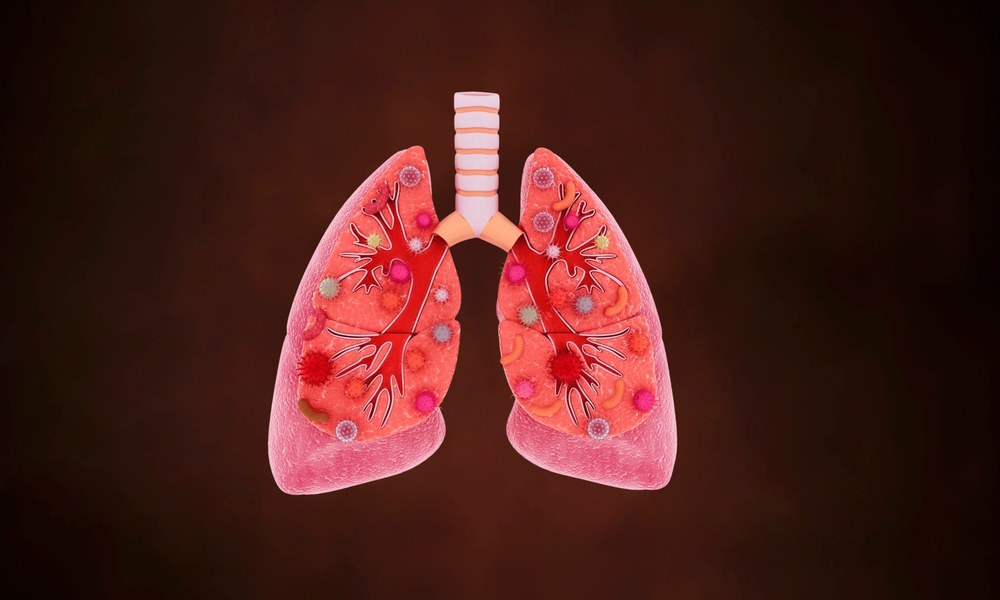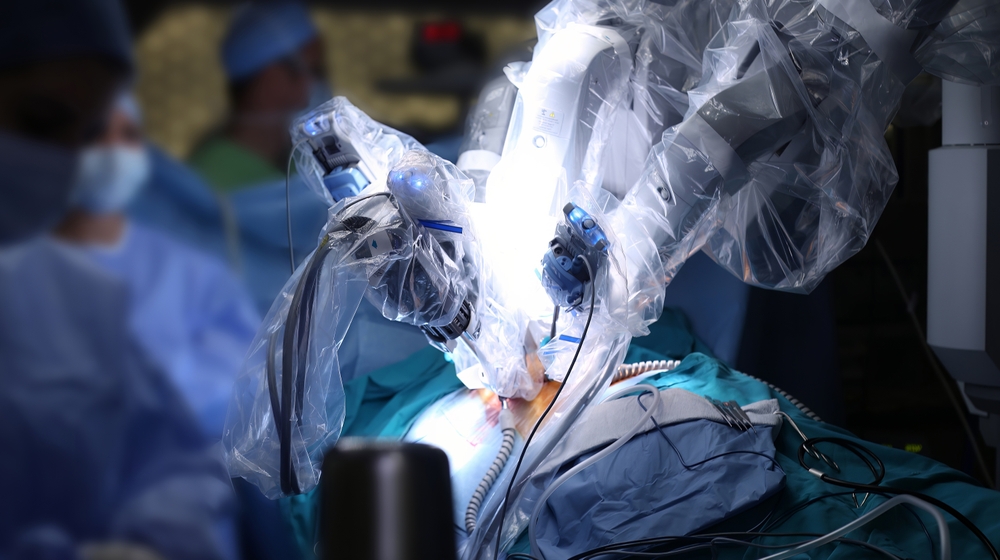
The Journey of Lung Cancer from Fatal to Manageable
Air pollution and smoking are the primary factors contributing to the cases of lung cancer in India today. They have raised the number of lung cancer cases over the years to a huge extent. In an exclusive interview with Dr. Arvind Kumar, Chairman at the Institute of Chest Surgery - Chest Onco Surgery and Lung Transplantation, Medanta, Gurugram, we delve into the alarming rise of this disease.
Dr. Kumar gives insights on the prevalence of lung cancer cases in India compared to other western countries. He has also provided some valuable opinions on the emerging healthcare challenges forged by this developing public health issue.
|
Table of Content: |
|
Current Scenario of Lung Cancer in India
Over the years, lung cancer has become one of the deadliest diseases in India. It is one of those diseases that has affected both the genders almost equally. Moreover, it was already one of the most notable and found cancers in men earlier. The key culprits among this upsurge include smoking and the condition of air today. The onslaught of air pollution has transformed healthcare challenges to an unfortunate state. Additionally, smoking rates have witnessed a major evolution too.
A mere habit once, smoking is now an evolving act among non-smokers, especially women. 40% of the total smokers today contribute to women as per gender rates. This huge shift represents a significant change in the demographic landscape of lung cancer. It also indicates an urgent requirement of targeted interventions and public health campaigns.
On the other hand, air pollution is now being termed as the ‘second tobacco epidemic.’ And this is termed none other than by the World Health Organization (WHO) itself. From the moment of confinement, people in many areas of India are exposed to polluted air. This is now a pervasive norm. Such early exposure has made an astonishing shift in the peak age for lung cancer cases, striking it forward by 15 years. Earlier, smoking was done first in late teens or early twenties but today, the situation has changed. This means that by the time people are in their 20s, they are already affected by smoking to a disturbing extent. Decades of harmful inhalation has led to this situation.
In short, the current prevalence of lung cancer in India creates a disturbing image with smoking and air pollution acting as twin creators of the crisis. To add more, the dynamics of the age of the disease has also altered necessitating an immediate and urgent approach to fight and counter this growing public health concern.
What is the State of Lung Transplants in India?
In the last decade, India has seen a magnificent expansion in the number of lung transplant centres. This signals a remarkable shift of lung transplant in the entire country. What was once a rare medical procedure, has become highly accessible now. The total number of accredited centres for lung transplant is said to be 17. But it is important to note that the active transplant procedures are majorly concentrated to either four or five centres of the total.
A growing awareness among people and medical professionals have developed which can be stated with the above statement as an evidence. The identification of lung transplantation as a great option for advanced lung diseases has played a huge role in this trend. Additionally, the covid 19 pandemic has raised the awareness of the people to another bar. It has driven the attention of people towards lung health as a sharp focus. Resultantly, lung transplant has become one of the most chosen ways in deadly lung health conditions.
How Did the Covid 19 Pandemic Impact Lung Transplants?
The strike of lung transplants is majorly created by the Covid 19 pandemic. First of all, it has grown the number of potential recipients to a huge extent. Some people who suffered from the disease are dealing with the virus recovery while others are facing serious respiratory conditions, both of which takes them to the next step as lung transplant. Secondly, covid 19 has raised the bar of awareness among many, shifting the usual focus of people on heart related diseases to lung health. This shift has also benefited people dealing with lung health conditions for a long time by making them consider the alternative as a solution. This dual influence on the overall lung conditions have processed a huge number of lung transplants today.
Technological Advancements in Lung Cancer Treatment
In recent times, lung cancer treatment has observed notable advancements. Surgical methods like VATS (which means Video Assisted Thoracic Surgery) and robotic surgery reduce general risks and improves the overall outcome for the patients. Radiation therapy has developed to offer even more precise treatment, saving surrounding tissues and widening its applicability.
An intense shift has grown in lung cancer treatment with a minor molecular understanding of the disease which has led to personalised systemic therapies. This transformation of the treatment method has turned the disease from a fatal condition to a manageable condition now. It has extended the lifespans of several patients already.
Fortunately, emerging molecules hold an agreement for further enhancement in survival rates while providing a better future in the fight against lung cancer.
Expected Breakthroughs in Lung Cancer Management
The thoughtful breakthroughs in lung cancer management hold great promise. Early identification methods are the prime focus with the potential for grasping targeted low dose CT scans in high-risk populations, allowing the recognition of early stage cancers. Shifting the curve towards early recognition and detection can improve survival rates for advanced stage cancers.
Major advancements are anticipated in surgeries, radiotherapy and systemic therapy. All of this will provide curative treatments and enhanced survival rates for all stage cancer patients. More importantly, right efforts in the links between lung cancer, smoking and air pollution reduction will improve the state of affected individuals notably.
This blog has been converted from the PR article - Advancements in therapies have transformed lung cancer from fatal to chronic condition






